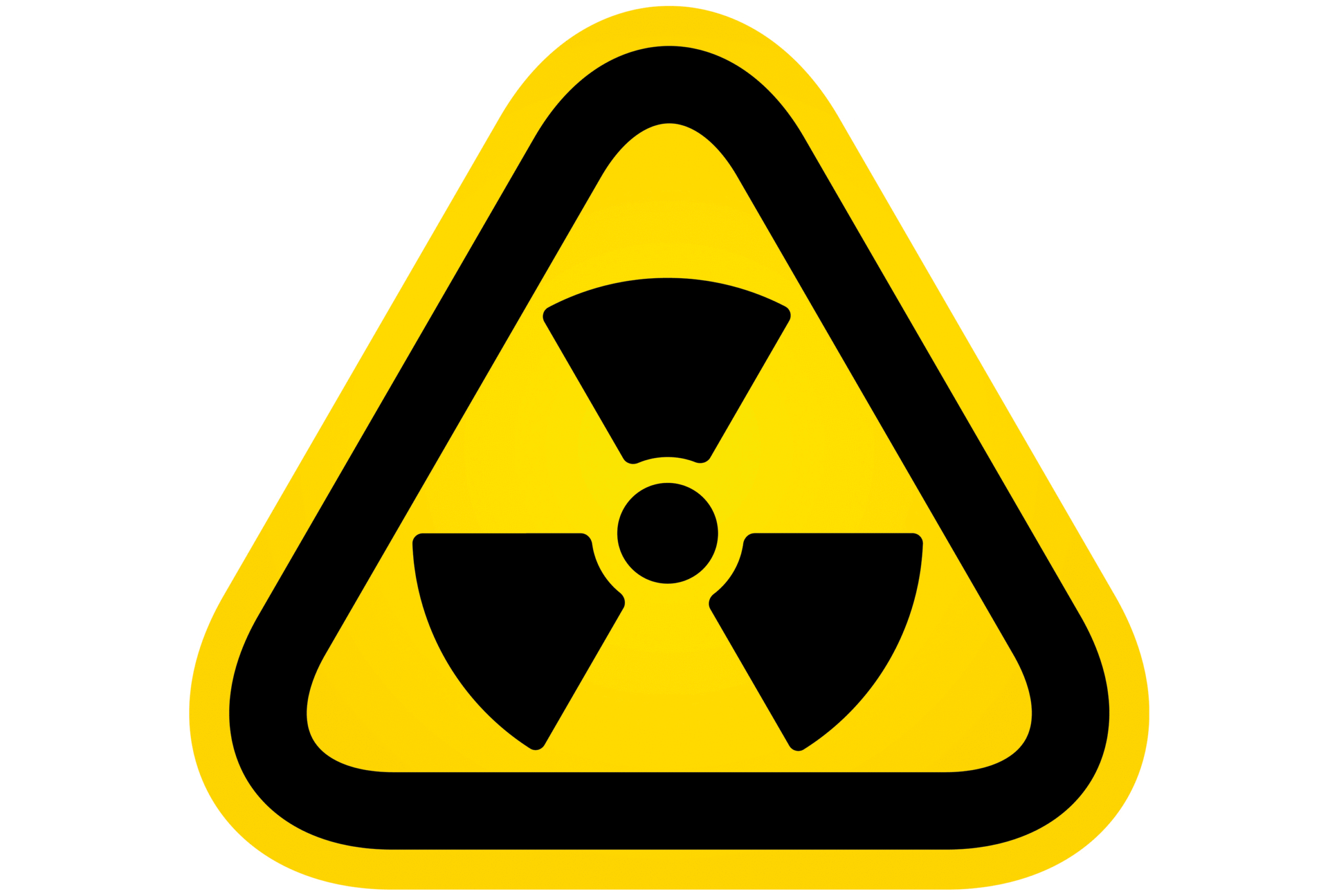We often think of the air we breathe as being clean and safe. However, many different types of pollutants can be found in the air, both indoors and outdoors. One of these pollutants is radon, which is a gas that can be found in soil and rock. Radon can enter homes through cracks in the foundation or other openings and can build up to dangerous levels.
In this article, we’ll take a closer look at radon, including what it is, where it comes from, and how it can affect your health. We’ll also provide some tips on how you can protect yourself and your family from radon exposure.

What is Radon?
Radon is a gas produced by the breakdown of uranium in soil and rock. It is invisible, odorless, and tasteless, so it cannot be easy to detect without special equipment. When radon enters the air, it can be inhaled and enter the lungs, where it can cause damage.
Radon is the leading cause of lung cancer among nonsmokers and is estimated to cause 21,000 gun deaths yearly in the United States. Smokers.
Where Does Radon Come From?
Radon can be found in all 50 states, and it ihe the leading cause of lung cancer in nonsmokers. The EPA estimates that one in every 15 United States homes has elevated radon levels.
Many factors can affect the level of radon in your home, including the type of foundation it has, the materials used in construction, and the location of your home. For example, homes built on soil with high levels of uranium are more likely to have elevated radon levels.
How Does Radon Affect Your Health?
Radon is a known carcinogen, and exposure to high radon levels can increase your risk of lung cancer. As mentioned above, radon is the leading cause of lung cancer in nonsmokers, and smokers who are exposed to radon are at an even greater risk.
Symptoms of radon exposure can include coughing, wheezing, and shortness of breath. However, these symptoms can also be caused by other conditions, so it’s important.
Smokers exposed to radon have an even greater risk of lung cancer. Smokers exposed to high levels of radon have a chance of lung cancer that is 25 times higher than nonsmokers.
How Can You Protect Yourself From Radon?
There are some things you can do to protect yourself from radon exposure. If you’re a smoker, quitting smoking is the best way to reduce your risk of lung cancer. You can also ask your doctor about taking a low-dose CT scan to screen for lung cancer. This test is recommended for current and former smokers aged 55 to 74.
You can have your home tested for radon if you live in an area with high radon levels. Radon inspection kits are available at most hardware stores, and many states offer free or discounted radon testing. If your home has elevated radon levels, there are several ways to reduce the group, including sealing cracks in the foundation and increasing ventilation. You can also have a radon mitigation system installed in your home.
Why do you need to have radon testing in your home?
Our homes are not safe from radon gas. Soil and rocks underneath our homes can release radon gas, which can enter through cracks or other openings in the foundation. Once inside, radon can build up to dangerous levels.
The buyer will likely require a radon test as part of the purchase agreement if you’re selling your home. Radon testing is also recommended if you’re planning to renovate or make any other changes that could affect your home’s level of radon gas.
You can’t see or smell radon gas, so the only way to know if your home has elevated levels is to have it tested. Radon testing home inspections in Aurora are done using a specialized device that measures the amount of radon gas in the air. The inspectors will place the device in your home for a few days to get an accurate reading.
If you’re concerned about radon gas in your home, don’t hesitate to contact a qualified home radon inspection and mitigation company in your area. They can test your home for radon gas and help you find the best way to reduce the level if it’s elevated.




